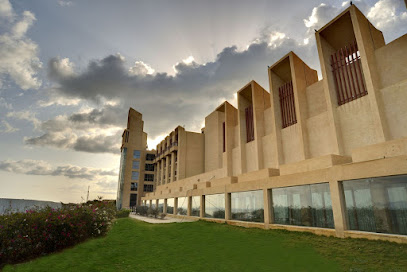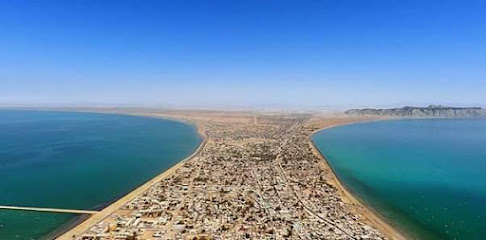
Gwadar: The Jewel of Pakistan's Coastline
Gwadar, a city located on the southwestern coast of Pakistan, is a captivating destination that promises a blend of natural beauty and modern development. The city is known for its stunning beaches, with the Arabian Sea providing a picturesque backdrop for visitors. The pristine waters and golden sands of Gwadar Beach are perfect for relaxing, sunbathing, and enjoying the beautiful sunsets that paint the sky in vibrant colors. For those interested in history and culture, Gwadar offers a glimpse into its rich heritage through various landmarks and sites. The ancient fishing village of Gwadar has long been a center of maritime trade and cultural exchange. The iconic Gwadar Port, a significant part of the China-Pakistan Economic Corridor (CPEC), is a testament to the city’s strategic importance and rapid development. Outdoor enthusiasts will find plenty to do in Gwadar. The Hammerhead, a unique rock formation resembling a hammerhead shark, offers breathtaking views of the surrounding landscape. The nearby Buzi Pass is another must-visit, providing a challenging yet rewarding hike with panoramic views of the ocean and mountains. Additionally, the Hingol National Park, located a short drive from Gwadar, is home to diverse wildlife and stunning natural scenery. Local cuisine in Gwadar is a treat for the taste buds, with fresh seafood being a highlight. Visitors can savor traditional dishes like grilled fish, prawn curry, and lobster, all freshly caught from the Arabian Sea. The local markets are bustling with activity, offering a chance to buy unique handicrafts and souvenirs that reflect the region's culture and traditions.
Local tips in Gwadar
- Best Time to Visit: The ideal time to visit Gwadar is between October and March when the weather is pleasant and suitable for outdoor activities.
- Local Cuisine: Don't miss out on trying fresh seafood dishes at local restaurants. The grilled fish and prawn curry are particularly popular.
- Transportation: While public transport is available, renting a car can provide more flexibility for exploring the region.
- Cultural Respect: Dress modestly and be mindful of local customs and traditions, as Gwadar is a conservative area.
- Safety: Always check travel advisories and ensure you have necessary permits if planning to visit surrounding areas, especially near the Iran border.
Gwadar: The Jewel of Pakistan's Coastline
Gwadar, a city located on the southwestern coast of Pakistan, is a captivating destination that promises a blend of natural beauty and modern development. The city is known for its stunning beaches, with the Arabian Sea providing a picturesque backdrop for visitors. The pristine waters and golden sands of Gwadar Beach are perfect for relaxing, sunbathing, and enjoying the beautiful sunsets that paint the sky in vibrant colors. For those interested in history and culture, Gwadar offers a glimpse into its rich heritage through various landmarks and sites. The ancient fishing village of Gwadar has long been a center of maritime trade and cultural exchange. The iconic Gwadar Port, a significant part of the China-Pakistan Economic Corridor (CPEC), is a testament to the city’s strategic importance and rapid development. Outdoor enthusiasts will find plenty to do in Gwadar. The Hammerhead, a unique rock formation resembling a hammerhead shark, offers breathtaking views of the surrounding landscape. The nearby Buzi Pass is another must-visit, providing a challenging yet rewarding hike with panoramic views of the ocean and mountains. Additionally, the Hingol National Park, located a short drive from Gwadar, is home to diverse wildlife and stunning natural scenery. Local cuisine in Gwadar is a treat for the taste buds, with fresh seafood being a highlight. Visitors can savor traditional dishes like grilled fish, prawn curry, and lobster, all freshly caught from the Arabian Sea. The local markets are bustling with activity, offering a chance to buy unique handicrafts and souvenirs that reflect the region's culture and traditions.
When is the best time to go to Gwadar?
Iconic landmarks you can’t miss
Unmissable attractions to see
Marine Drive Shore
Explore Marine Drive Shore, a stunning coastal escape in Gwadar, where breathtaking views, local flavors, and cultural experiences await.
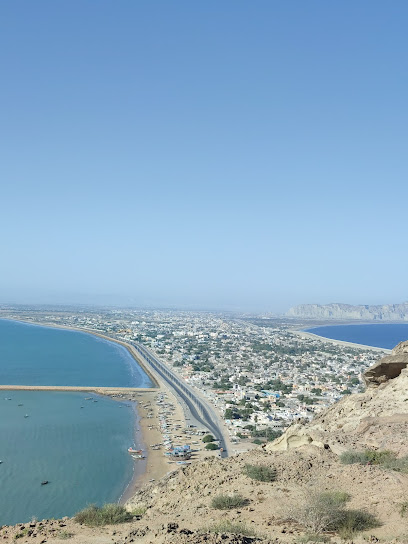
Central Park
Explore Central Park in Gwadar, a serene urban oasis perfect for relaxation, recreation, and experiencing local culture amidst stunning landscapes.
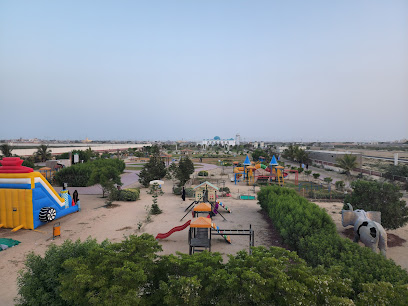
Koh-e-Batil
Explore the breathtaking beauty of Koh-e-Batil, a stunning mountain in Gwadar, Balochistan, offering panoramic views and rich geological heritage.
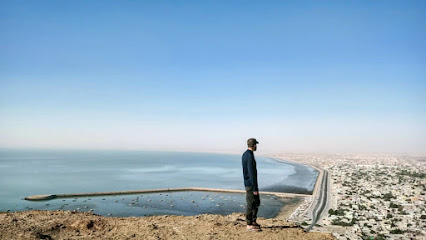
GDA Park
Discover the tranquility of GDA Park in Gwadar, a lush green retreat offering scenic views and a perfect escape into nature's embrace.
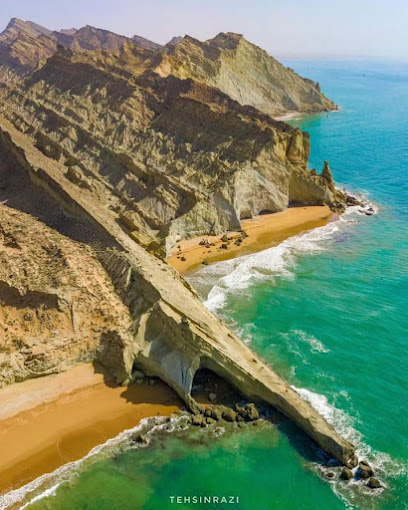
Gwadar Mini Park
Explore the natural beauty of Gwadar Mini Park, a serene retreat in New Town offering lush greenery and a peaceful atmosphere for relaxation.
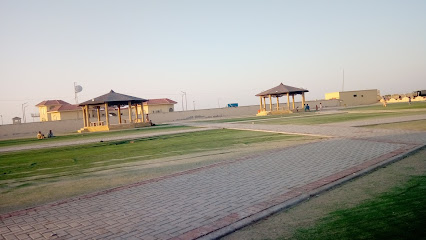
GDA Park Baloch Colony
Discover tranquility and natural beauty at GDA Park Baloch Colony, an ideal urban retreat in Gwadar for relaxation and stunning coastal views.
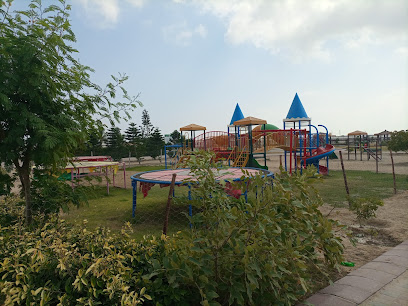
Top of Koh e Batil Gwadar
Discover the stunning landscapes and breathtaking views from the top of Koh e Batil in Gwadar, a hidden gem in the heart of Balochistan, Pakistan.
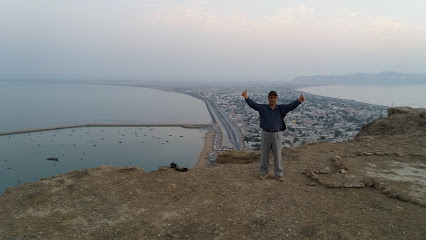
Koh e Batil Mountains
Explore the breathtaking trails and stunning vistas of Koh e Batil Mountains, a premier hiking destination in Gwadar, Balochistan, Pakistan.
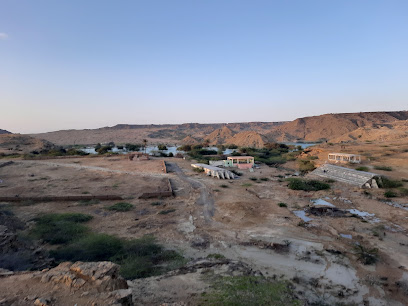
Gwadar Beach
Experience the stunning beauty and tranquility of Gwadar Beach - a perfect blend of relaxation, adventure, and local culture along the Arabian Sea.
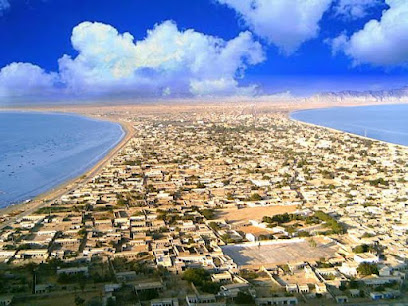
Beach Park
Explore the serene beauty of Beach Park in Gwadar, Balochistan, a perfect coastal retreat for relaxation and stunning sunset views.
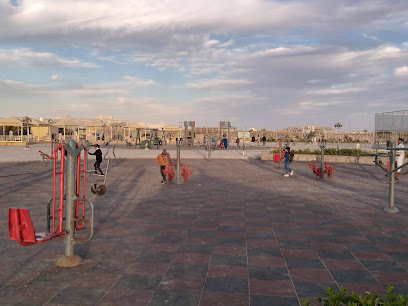
Pishukan Boat Ramp
Discover the serene beauty of Pishukan Boat Ramp, a perfect blend of relaxation and adventure in Pakistan's picturesque landscapes.
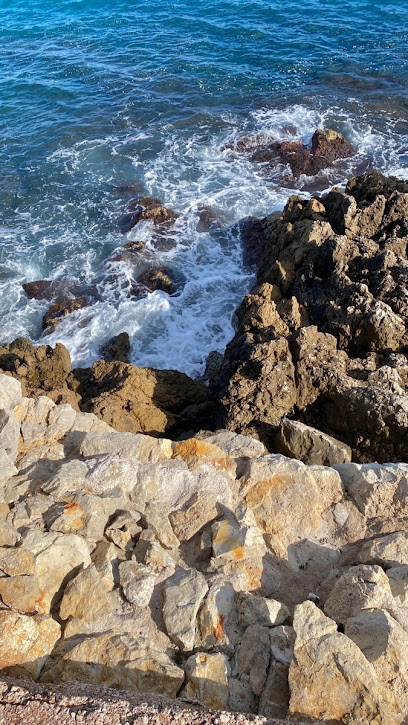
Bresi ward Chaapodo
Explore the hidden gem of Bresi Ward Chaapodo, a breathtaking coastal attraction in Gwadar, Balochistan, offering stunning views and authentic local culture.
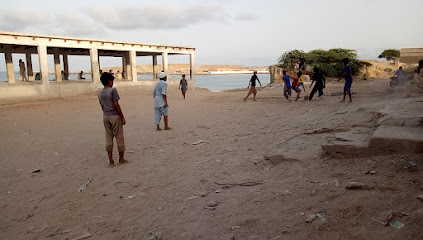
Gwadar Club Resort Launch Boat
Experience the tranquil beauty of Gwadar Club Resort Launch Boat, a serene park perfect for relaxation and outdoor adventures along the stunning Balochistan coastline.
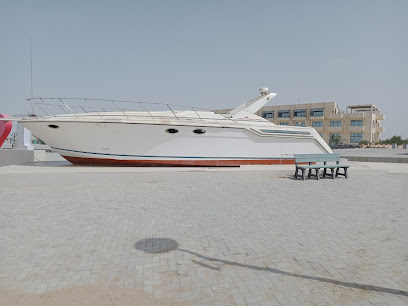
GDA Open Park
Discover tranquility at GDA Open Park, a serene escape in Gwadar, showcasing lush greenery and stunning coastal views for every traveler.
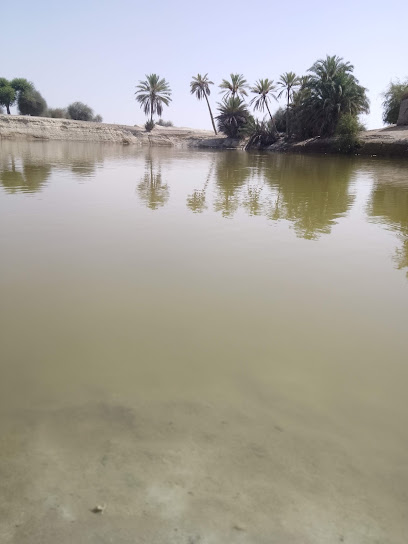
Pakistan point gwadar
Experience the breathtaking views and natural beauty of Pakistan Point in Gwadar, a perfect hiking destination for nature lovers and adventure seekers.
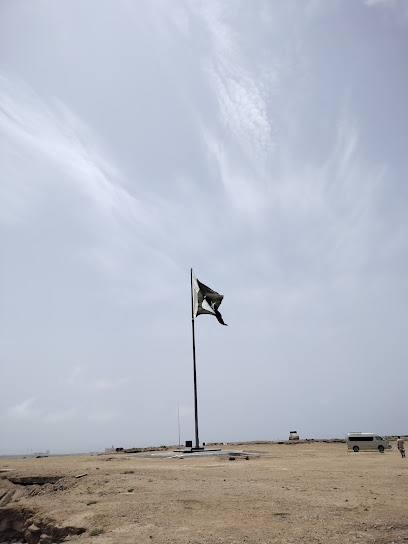
Essential places to dine
Shinwari Restaurant
Experience authentic Afghani flavors at Shinwari Restaurant in Gwadar Old City—your gateway to rich culinary traditions.
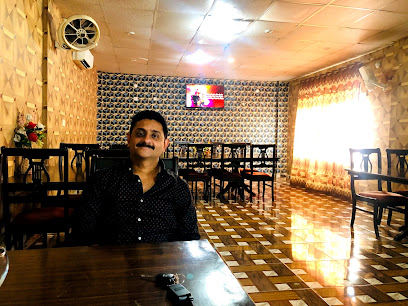
Cafe Padizir
Discover the flavors of Balochistan at Café Padizir in Gwadar Old City – where coastal charm meets delightful cuisine.
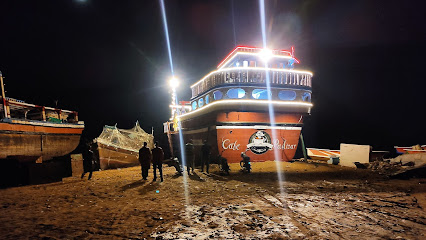
Cafe Nazir by Naval Anchorage Gwadar
Discover Cafe Nazir in Gwadar: A serene coastal cafe offering exquisite cuisine and breathtaking views, perfect for unwinding after your adventures.
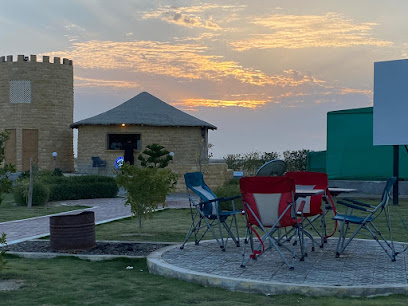
Marines Lounge
Experience the best culinary delights at Marines Lounge - where local flavors meet international cuisine in beautiful Gwadar.
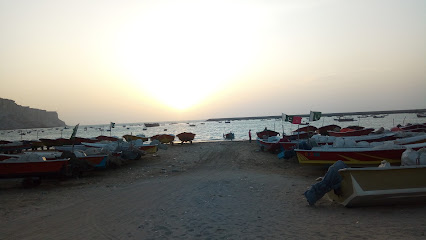
CAFE SADAF
Experience delicious fast food at Café Sadaf in Gwadar, where local flavors meet cozy dining and stunning coastal views.
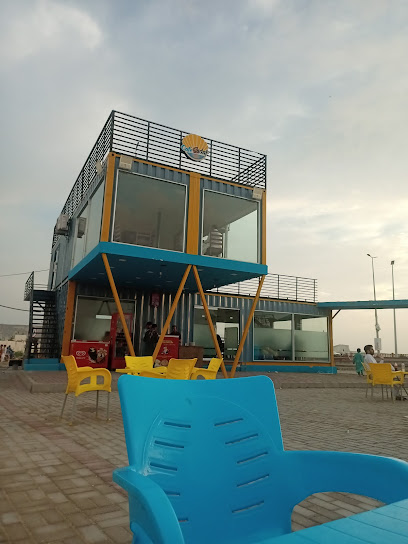
Hot Box Fast Food
Discover delicious fast food at Hot Box Fast Food in Gwadar - where every bite brings joy!
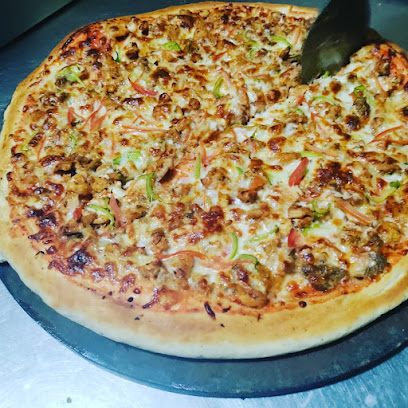
Qandeel Chowk Muhammad Saleh Mari Hotel
Savor authentic Balochistani flavors at Qandeel Chowk Muhammad Saleh Mari Hotel - a culinary haven in Gwadar.
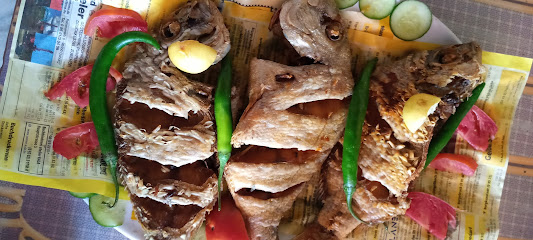
Afridi Inn
Experience authentic Pakistani cuisine at Afridi Inn in Gwadar Old City, where every dish tells a story.
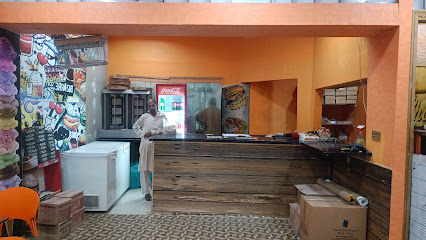
Gwadar Fast Food
Discover delightful fast food and local flavors at Gwadar Fast Food - your culinary stop in picturesque Gwadar.
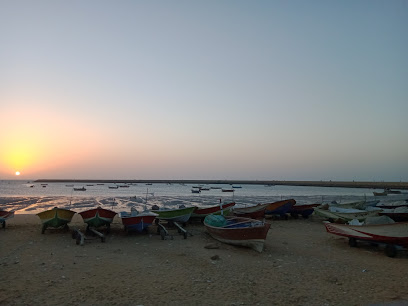
Gwadar Beach Restaurant
Experience authentic Baloch cuisine with breathtaking sea views at Gwadar Beach Restaurant—a must-visit culinary gem on Pakistan's coast.
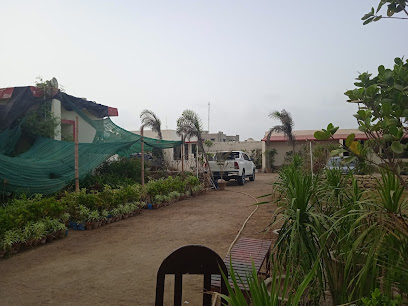
الرحمن بریانی پکوان سینٹر گوادر
Experience authentic Pakistani cuisine at الرحمن بریانی پکوان سینٹر in Gwadar - where tradition meets flavor!
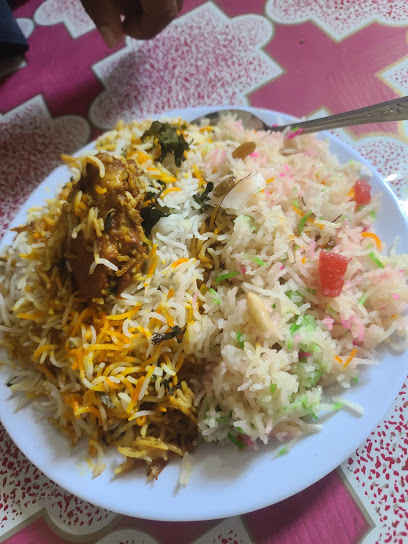
Markets, malls and hidden boutiques
Family Shopping Mall
Discover a vibrant shopping experience at Gwadar's Family Shopping Mall, where local culture meets everyday essentials.
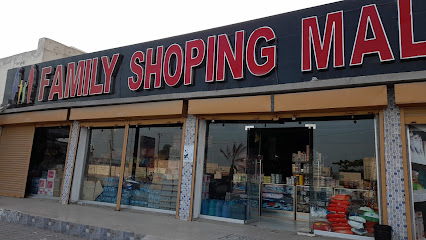
Javed Hussain Stationary
Discover a treasure trove of literature at Javed Hussain Stationary in Gwadar, where books and culture come together in a charming setting.
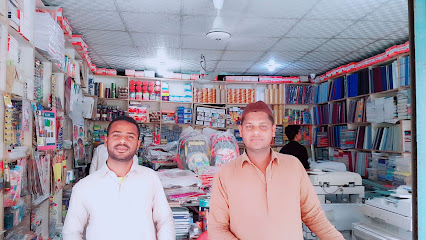
Gazrawan Supeer Market
Experience the vibrant culture of Gwadar at Gazrawan Super Market, where shopping meets local tradition and culinary delights await.
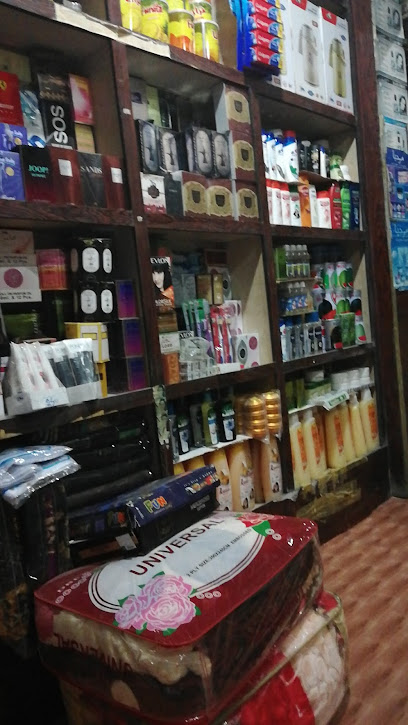
Bohra Market
Experience the vibrant atmosphere of Bohra Market in Gwadar, where local culture and unique home goods come together for an unforgettable shopping adventure.
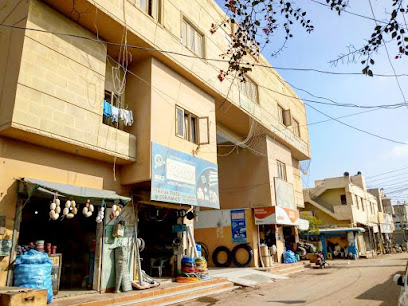
Jannat bazar gwadar
Explore the vibrant styles of Jannat Bazar in Gwadar, where traditional craftsmanship meets modern fashion for the discerning traveler.
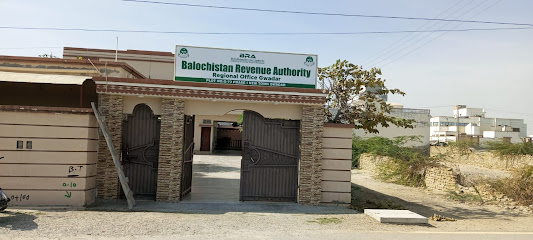
Oman Gift Center
Explore the Oman Gift Center for unique Balochistani souvenirs and handcrafted treasures in Gwadar, a must-visit for all travelers.

Nadil Jan General Store
Explore Nadil Jan General Store in Gwadar for a unique shopping experience filled with local culture and delightful products.
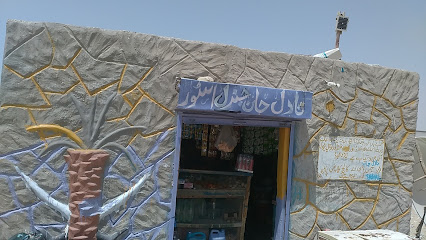
Al Habib General Store
Explore Al Habib General Store in Gwadar Old City for a unique shopping experience filled with local crafts and authentic Balochistan flavors.
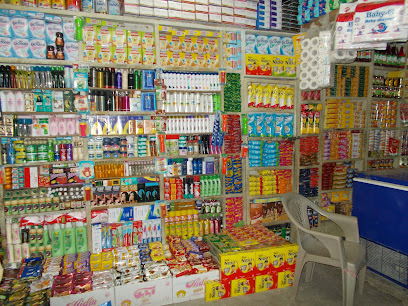
Karachi Rashan Shop
Explore Karachi Rashan Shop in Gwadar for an authentic shopping experience filled with local culture and unique products.
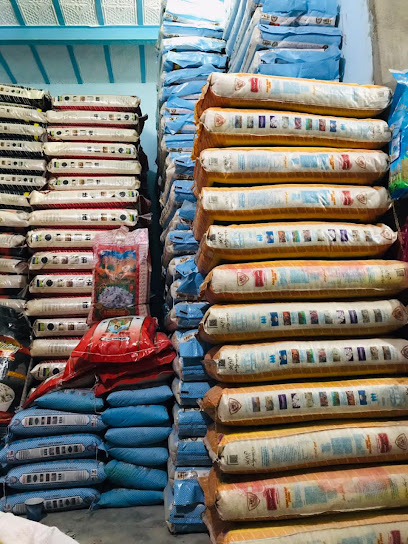
NCP Store
Experience the vibrant shopping scene at NCP Store in Gwadar, where local culture meets modern retail.
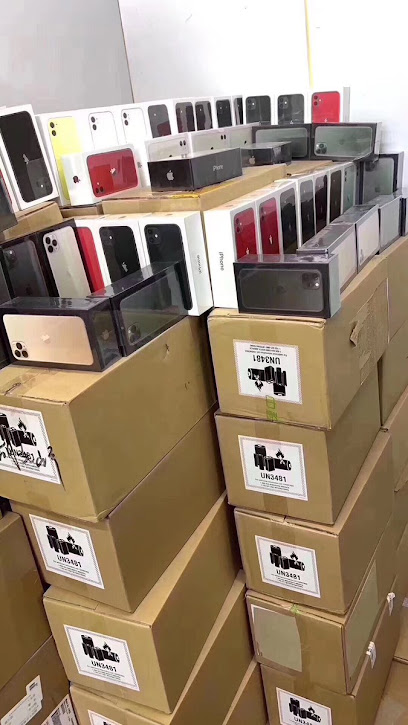
Rasheed And Brother Rashan Shop
Explore Rasheed And Brother Rashan Shop in Gwadar for unique local crafts and authentic souvenirs that embody the spirit of Balochistan.
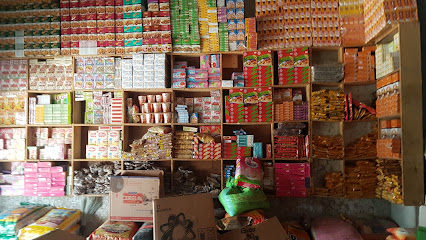
Shaji General Store
Explore Shaji General Store in Gwadar for local crafts, snacks, and a taste of Balochistani culture in a vibrant shopping atmosphere.

D Scent Store
Explore D Scent Store in Gwadar for unique fragrances that embody the essence of beauty and culture.
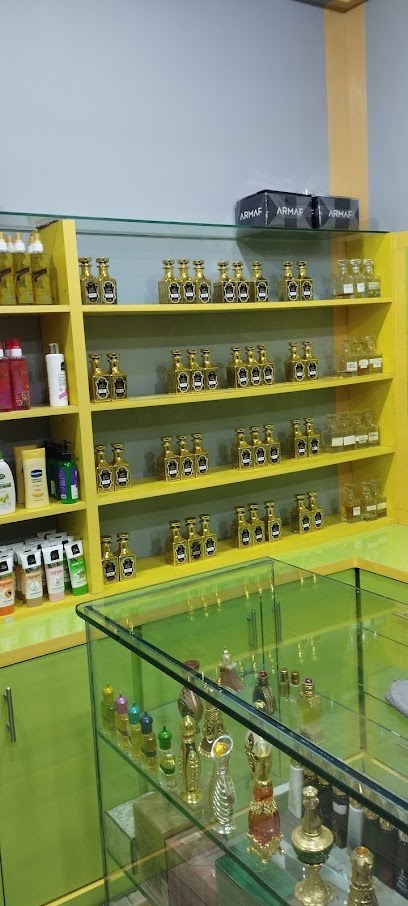
Intezar cloth house Ak brothers
Explore Intezar Cloth House in Gwadar for unique textiles and vibrant local fashion that embodies the essence of Balochistan's rich culture.
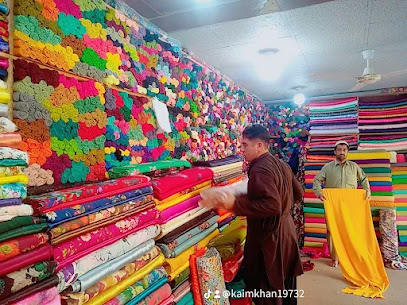
Inshallah mashallah gift center
Explore the heart of Gwadar at Inshallah Mashallah Gift Center, where local craftsmanship meets unique gifts and warm hospitality.

Essential bars & hidden hideouts
Zaver Pearl Continental Hotel
Discover unparalleled luxury and stunning coastal views at Zaver Pearl Continental Hotel, your perfect getaway in Gwadar, Balochistan.
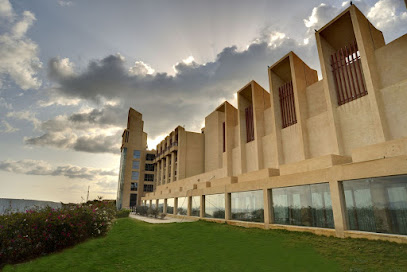
Gwadar Sea Port
Explore Gwadar Sea Port: A breathtaking blend of natural beauty and modern trade hub in Balochistan, Pakistan.
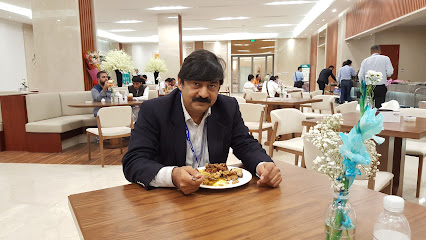
Gwadar Club
Discover the luxury and charm of Gwadar Club, a premier resort hotel blending comfort with stunning coastal views in Balochistan.
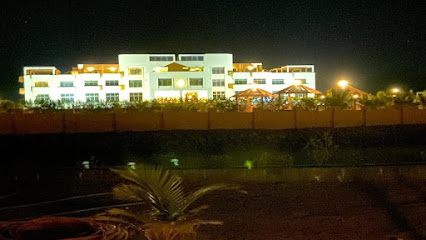
Diamond Hotel Gwadar
Experience the perfect blend of comfort and culture at Diamond Hotel Gwadar, your gateway to the stunning beauty of Balochistan's coastline.
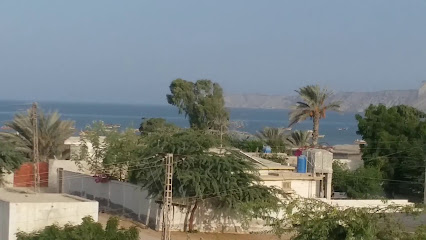
PC Hotel Gwadar
Discover unparalleled luxury and breathtaking sea views at PC Hotel Gwadar, your oasis on the Balochistan coast.
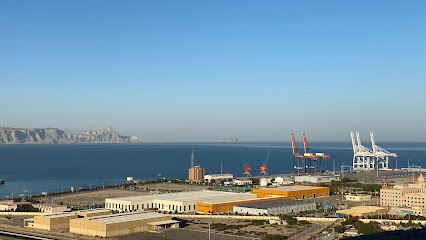
Gwadar Business Center
Discover the thriving business landscape and cultural richness at the Gwadar Business Center, a must-visit for tourists and entrepreneurs alike.
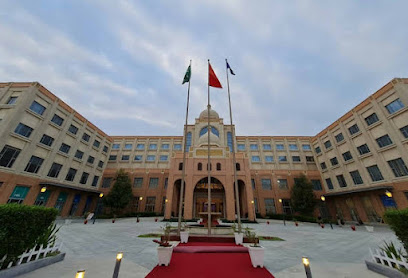
Marines Lounge
Indulge in the best of local and international cuisine at Marines Lounge, nestled along the stunning Gwadar coastline.
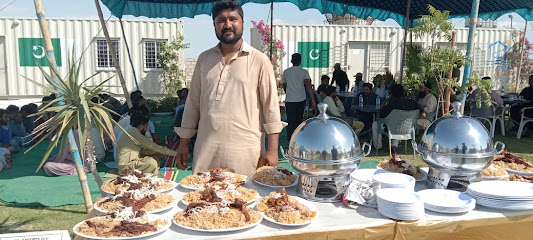
PORT GRAND HOTEL
Experience the charm of Gwadar at Port Grand Hotel, where comfort meets culture, creating a perfect getaway for every traveler.
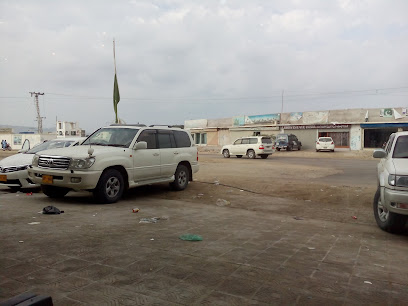
Family Shopping Mall
Discover local flavors and vibrant shopping at the Family Shopping Mall, a cultural gem in the heart of Gwadar.
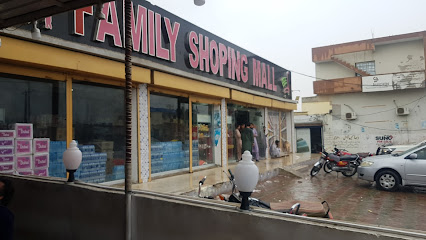
Gwadar Head
Experience the breathtaking beauty and rich history of Gwadar Head, a stunning peninsula on Pakistan's southwestern coast.
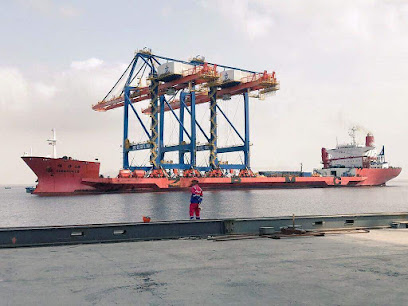
Aamir and Rehan General Store Gwadar
Discover local flavors and essentials at Aamir and Rehan General Store, a vibrant supermarket in the heart of Gwadar, Pakistan.
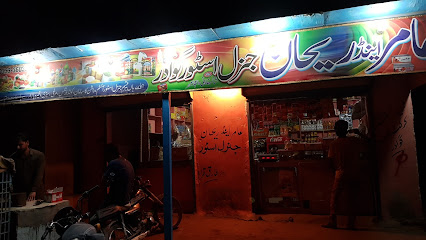
Quetta Shandaar Juice Centre
Savor the freshest juices at Quetta Shandaar Juice Centre, a refreshing stop in Gwadar's Old City, infused with local flavors and vibrant culture.
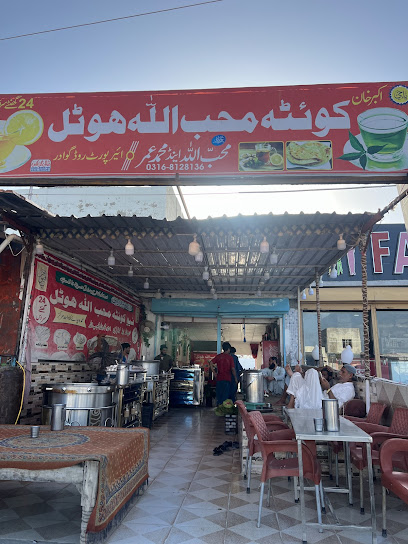
3rd FP Wardroom
Experience tranquility and stunning coastal views at the 3rd FP Wardroom, a hidden lounge gem in Gwadar, Balochistan.

Gazebo Park
Experience the beauty of Gazebo Park in Gwadar, where nature meets relaxation and vibrant social life in the heart of Balochistan.
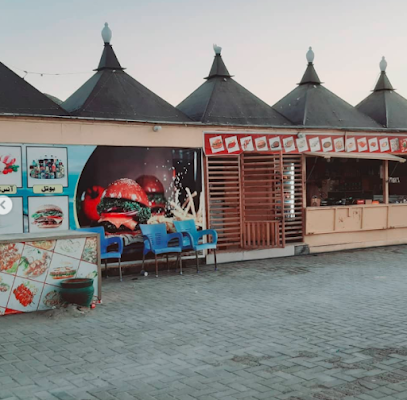
Local Phrases about Gwadar
-
- Helloسلام
[salaam] - Goodbyeخدا حافظ
[khuda hafiz] - Yesہاں
[haan] - Noنہیں
[nahin] - Please/You're welcomeبراہ کرم
[barah e karam] - Thank youشکریہ
[shukriya] - Excuse me/Sorryمعاف کیجیے
[maaf kijiye] - How are you?آپ کیسے ہیں؟
[aap kaise hain?] - Fine. And you?ٹھیک ہوں۔ آپ سنے؟
[theek hoon. aap?] - Do you speak English?کیا آپ انگریزی بولتے ہیں؟
[kya aap angrezi boltay hain?] - I don't understandمجھے سمجھ نہیں آیا
[mujhe samajh nahi aya]
- Helloسلام
-
- I'd like to see the menu, pleaseبراہ کرم مینو دیکھنا چاہوں
[barah e karam menu dekhna chahoon] - I don't eat meatمیں گوشت نہیں کھاتا
[mein gosht nahi khata] - Cheers!خوش رہو!
[khush raho] - I would like to pay, pleaseبراہ کرم ادا کرنا چاہتا ہوں
[barah e karam ada karna chahta hoon]
- I'd like to see the menu, pleaseبراہ کرم مینو دیکھنا چاہوں
-
- Help!مدد کریں!
[madad karein!] - Go away!چلے جاؤ!
[chale jao!] - Call the Police!پولیس کو بلاؤ!
[police ko bulao!] - Call a doctor!ڈاکٹر کو بلاؤ!
[doctor ko bulao!] - I'm lostمیں گم ہوگیا ہوں
[mein gum hogaya hoon] - I'm illمیں بیمار ہوں
[mein bemar hoon]
- Help!مدد کریں!
-
- I'd like to buy...میں خریدنا چاہتا ہوں...
[mein khareedna chahta hoon...] - I'm just lookingمیں صرف دیکھ رہا ہوں
[mein sirf dekh raha hoon] - How much is it?یہ کتنا ہے؟
[ye kitna hai?] - That's too expensiveیہ بہت مہنگا ہے
[ye bohot mehnga hai] - Can you lower the price?کیا آپ قیمت کم کرسکتے ہیں؟
[kya aap qeemat kam kar sakte hain?]
- I'd like to buy...میں خریدنا چاہتا ہوں...
-
- What time is it?کتنا بجا ہے؟
[kitna baja hai?] - It's one o'clockایک بجا ہے
[aik baja hai] - Half past (10)دس بج کر پندرہ منٹ ہوں
[das baj kar pandrah minute hain] - Morningصبح
[subah] - Afternoonدوپہر
[dopehar] - Eveningشام
[shaam] - Yesterdayگزشتہ کل
[guzishta kal] - Todayآج
[aaj] - Tomorrowکل
[kal] - 1ایک
[aik] - 2دو
[do] - 3تین
[teen] - 4چار
[chaar] - 5پانچ
[paanch] - 6چھے
[chhe] - 7سات
[saat] - 8آٹھ
[aath] - 9نو
[no] - 10دس
[das]
- What time is it?کتنا بجا ہے؟
-
- Where's a/the...?کوئی/وہاں کہاں ہے؟
[koi/wahan kahan hai?] - What's the address?پتہ کیا ہے؟
[pata kya hai?] - Can you show me (on the map)?کیا آپ مجھے دکھا سکتے ہیں؟
[kya aap mujhe dikhha sakte hain?] - When's the next (bus)?اگلی (بس) کب ہے؟
[agli (bus) kab hai?] - A ticket (to ....)ایک ٹکٹ (سے ....)
[aik ticket (se ....)]
- Where's a/the...?کوئی/وہاں کہاں ہے؟
History of Gwadar
-
Gwadar's history dates back to ancient times, with evidence suggesting that the area was inhabited by fishing communities and small settlements. The strategic location along the Arabian Sea made it a vital spot for maritime trade routes.
-
In the 16th century, the Portuguese, attracted by Gwadar's strategic location, briefly controlled the area. They established a small fort, remnants of which can still be seen today. The Portuguese influence is evident in some of the architectural ruins and local folklore.
-
From 1783 to 1958, Gwadar was part of the Sultanate of Oman. This period saw the development of the town as a trading post and fishing hub. The Omani legacy is still visible in the cultural and architectural landscape of Gwadar.
-
In 1958, Gwadar was purchased by Pakistan from Oman for $3 million. This transfer marked the beginning of Gwadar's integration into Pakistan, leading to significant developmental projects aimed at transforming the town into a major port city.
-
With its strategic location, Gwadar has been developed into a major port under the China-Pakistan Economic Corridor (CPEC) initiative. The Gwadar Port aims to enhance maritime trade routes and boost economic activities in the region.
-
Gwadar is rich in cultural diversity, influenced by its historical connections with Persia, Oman, and indigenous Baloch traditions. The local cuisine, music, and crafts reflect this blend of cultures, making Gwadar a unique melting pot of historical influences.
Gwadar Essentials
-
Gwadar is located in the southwestern province of Balochistan, Pakistan. The nearest major airport is Gwadar International Airport (GWD), which has flights connecting from Karachi, Islamabad, and other major cities in Pakistan. For international travelers, connecting flights from Dubai, Muscat, or Doha to Karachi followed by a domestic flight to Gwadar is a common route. Alternatively, you can reach Gwadar by road via the Makran Coastal Highway (N10), which offers a scenic drive along the Arabian Sea.
-
Local transportation in Gwadar primarily includes taxis and rickshaws, which are readily available and cost-effective. There are also some local buses, but they are less frequent. Renting a car is an option, particularly for exploring areas outside the city. However, be prepared for varying road conditions. Walking is feasible for short distances and exploring the local markets and coastal areas.
-
The official currency in Pakistan is the Pakistani Rupee (PKR). Credit cards are accepted in some hotels, restaurants, and larger shops, but it is advisable to carry cash for transactions in smaller establishments and local markets. ATMs are available in Gwadar, but it is prudent to carry sufficient cash, especially if you plan to travel to more remote areas.
-
Gwadar is generally safe for tourists, but caution is advised. Avoid traveling alone at night and be aware of your surroundings in less populated areas. The neighborhoods around the port are usually safe, but some areas in the outskirts may have higher crime rates. It is best to stay updated on local news and heed any travel advisories.
-
In case of emergency, dial 15 for police assistance, 16 for ambulance services, and 1122 for general emergency services. Gwadar has a few medical facilities and pharmacies where you can receive basic medical care. It is highly recommended to have travel insurance that covers medical emergencies. Keep the contact details of your country's embassy or consulate handy.
-
Fashion: Do dress modestly, especially in public areas and religious sites. Avoid wearing revealing clothing. Religion: Do respect local customs and traditions. It is important to be respectful when visiting mosques and other religious sites. Public Transport: Do be courteous and respectful to fellow passengers. Don't eat or drink on public transport. Greetings: Do greet people with a handshake, but note that physical contact between genders can be sensitive. Eating & Drinking: Do try local cuisine and accept food offerings graciously. Don’t refuse hospitality, as it is considered impolite.
-
To experience Gwadar like a local, visit the fish market early in the morning to see the daily catch and interact with local fishermen. Enjoy a seafood meal at one of the local eateries by the port. Take a stroll along the Gwadar beach and interact with the locals, who are generally friendly and welcoming. Don’t miss visiting the Hammerhead Peninsula and the Gwadar Port for spectacular views of the Arabian Sea.
Nearby Cities to Gwadar
-
Things To Do in Muscat
-
Things To Do in Karachi
-
Things To Do in Rustaq
-
Things To Do in Nizwa
-
Things To Do in Bahla
-
Things To Do in Sohar
-
Things To Do in Khor Fakkan
-
Things To Do in Fujairah
-
Things To Do in Hyderabad
-
Things To Do in Dibba Al-Fujairah
-
Things To Do in Khasab
-
Things To Do in Ibri
-
Things To Do in Ras Al Khaimah
-
Things To Do in Al Ain
-
Things To Do in Umm Al Quwain





